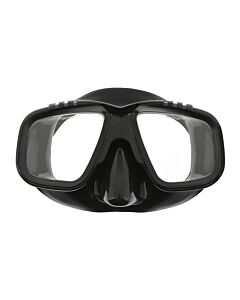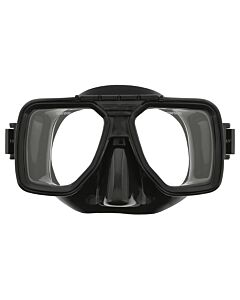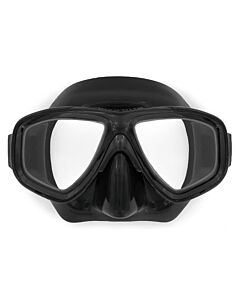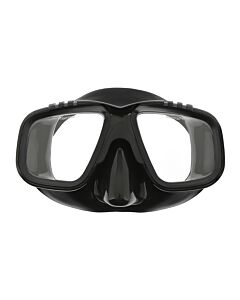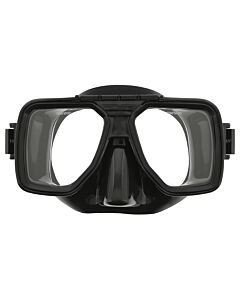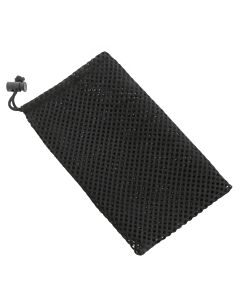Masks - Vision Correcting
If you wear eyeglasses that correct nearsightedness, (i.e. you require distance vision correction), we offer vision correcting lenses in a range of values that you can order installed in several of our most popular dive masks. If you need magnification in order to read a book or view a computer screen (i.e. you are farsighted), then you will benefit from using one of our gauge reader masks with bifocal lenses.
-
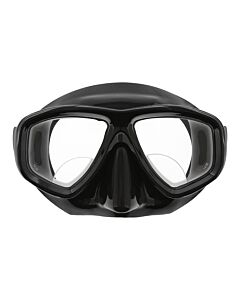 Dive Rite Gauge Reader Mask$99.00
Dive Rite Gauge Reader Mask$99.00
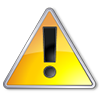 WARNING
WARNING
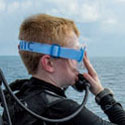
These masks are not "pool toys"; they are intended for use by SCUBA divers who are trained to make a proper water entry while protecting the mask and regulator with their hand. Improper handling or use may cause lenses to shatter upon impact.
Don't use toothpaste as an abrasive cleaner on modern dive masks, especially those masks that have vision correction lenses. You will either damage the lenses, or needlessly waste toothpaste since most modern toothpaste formulations are not at all abrasive. The same goes for using a lighter to 'burn' the lens to prepare a new mask. Dive Gear Express will not warranty masks that have been treated with abrasives or burned with lighters.
Most new dive masks do have mold release agents in the flexible skirt that during storage will migrate to the surface of the lens and cause fogging. These deposits can be safely removed with an extra application of a powerful surfactant like liquid dish soap, baby shampoo, SeaQuick or SeaDrops defog.
Ordering Vision Correcting Lenses for Dive Masks
To order, consult your eyeglass or contact prescription for the proper amount of spherical power correction, and then select the mask lenses. When reading your prescription, "OS" means your left eye, and "OD" means your right eye. The power of the correction amount is referred to as the "sphere" value expressed in diopters, and we offer vision correction lenses pre-manufactured in a range of diopter values. If your Rx also has "cylinder" and "axis" values, you have an astigmatism and our lenses do not correct for astigmatism.
The sphere strength for the lenses that correct nearsightedness, i.e. for divers that require distance vision correction, are negative values ranging from -1.0 to -8.0 diopter in half diopters. If you have a quarter diopter prescription, then increase to the next higher diopter. For example, if the Rx is -1.75, then increase to -2.0 diopter. If one eye needs no correction, then order a "Plano" lens for that side. Note, if your Rx sphere value is "+" then you are farsighted, also known as presbyopia, and unfortunately we only offer farsighted correction in the form of bifocal lenses.
If you need vision correction in order to read a book or view a phone screen, then you will benefit from using one of our bifocal "gauge reader" masks. A inset at the bottom of each lens adds magnification to see close-up objects, such as gauges, with clarity and yet still provide a means for clear sight at distances. A magnification of +2 diopters works for most people but some masks can be configured with bifocal lenses of +1, +2 or +3 diopters. Conventional wisdom suggests you can estimate + diopter reading value by age: 40 years old -start with a +1, then 50 years old use +2, and 60 years old select +3. However, making your selection based on your personal vision prescription is best.
Finally, all the standard vision correcting masks offered by Dive Gear Express have the correction ground into the lenses themselves. The correction is not aftermarket 'stick on', each of the lenses are ground just like you would expect on a pair of eyeglasses. Please note that the bifocal gauge reader versions are a two layer lens bonded at the factory prior to grinding.
